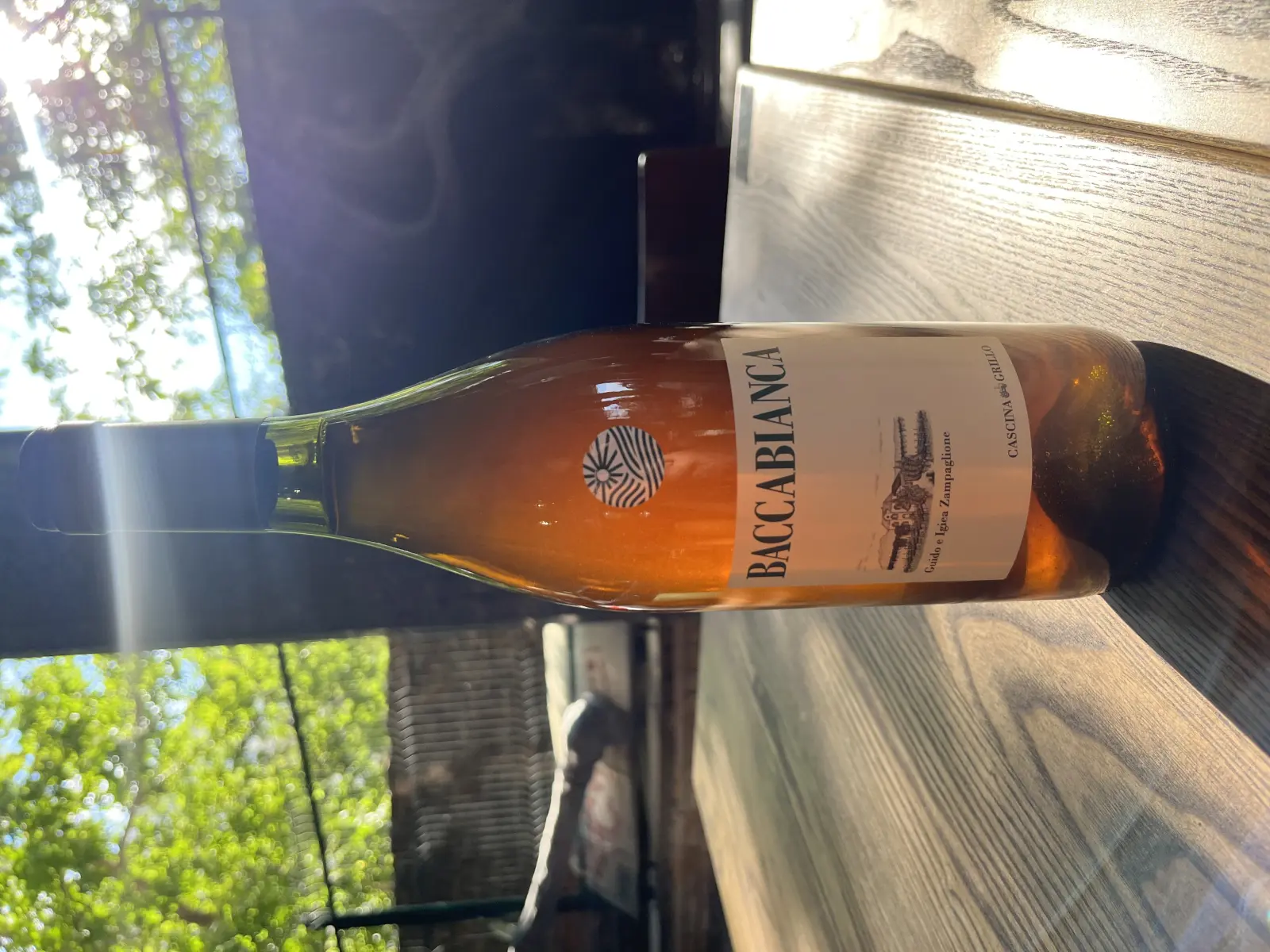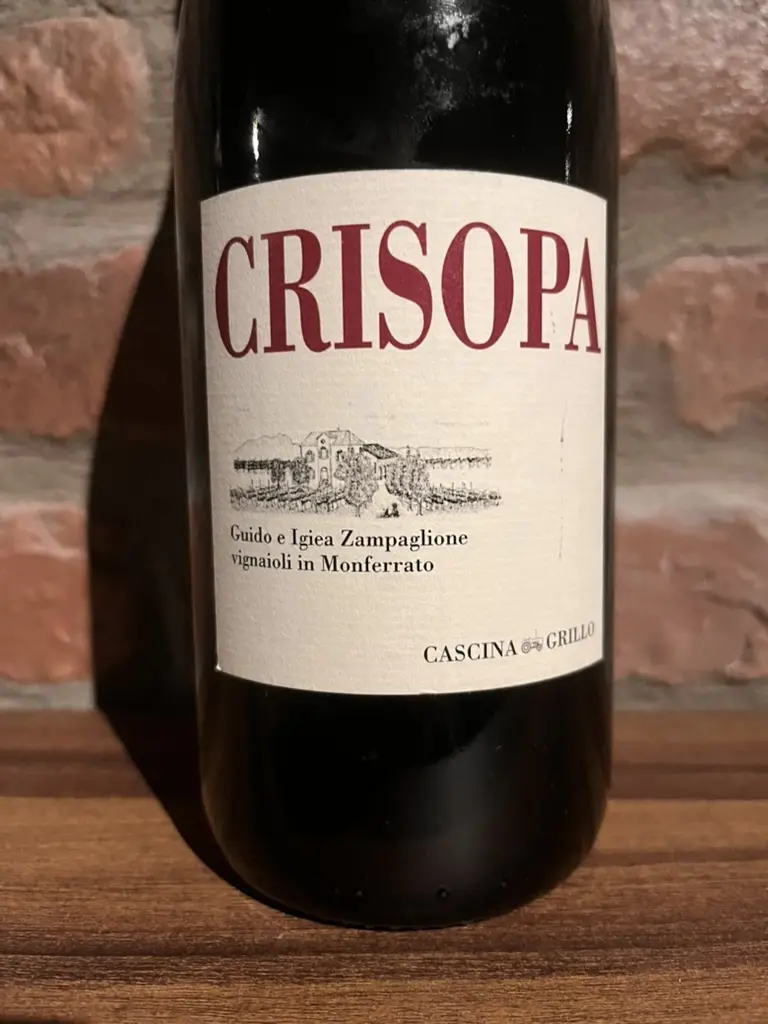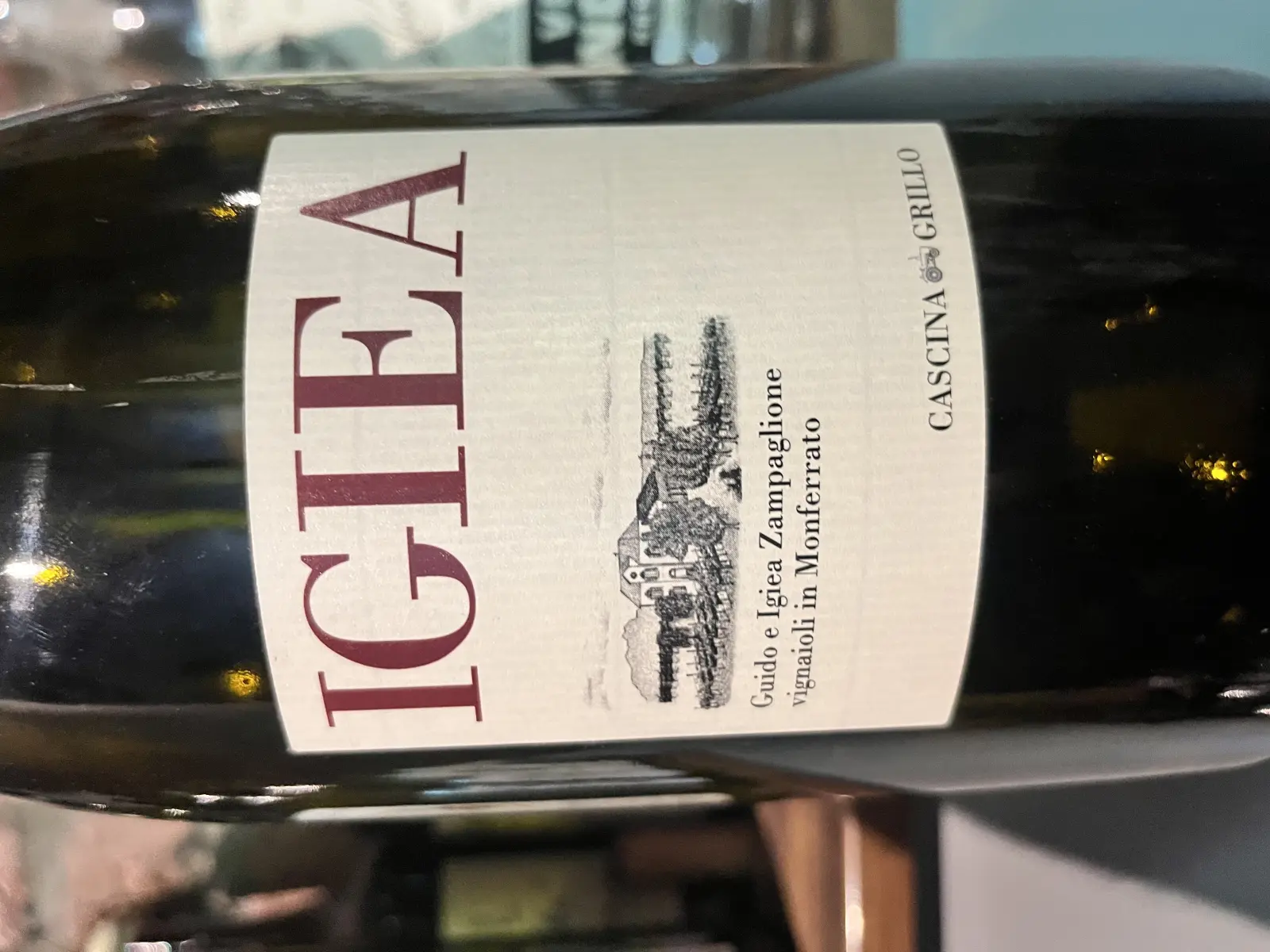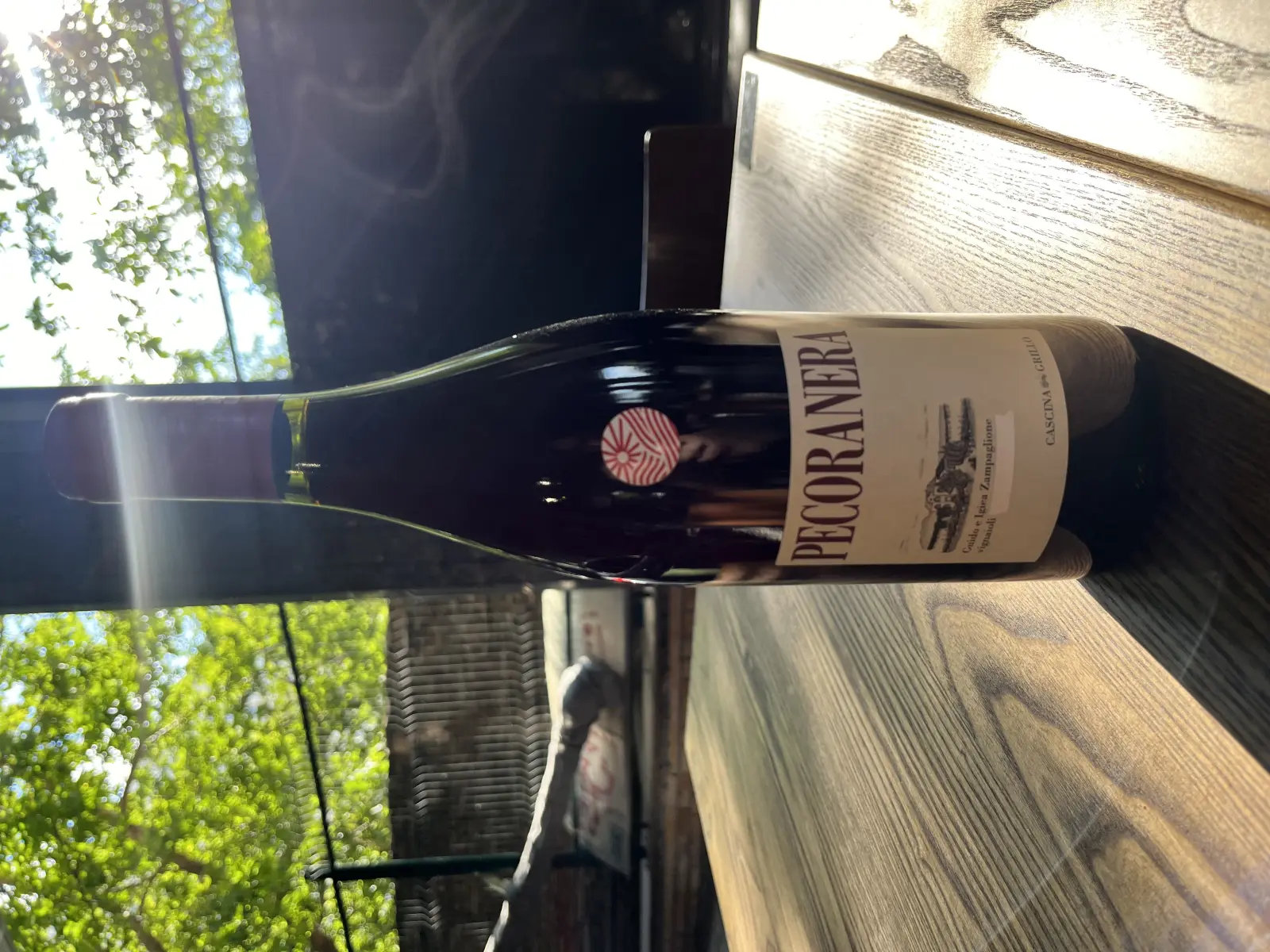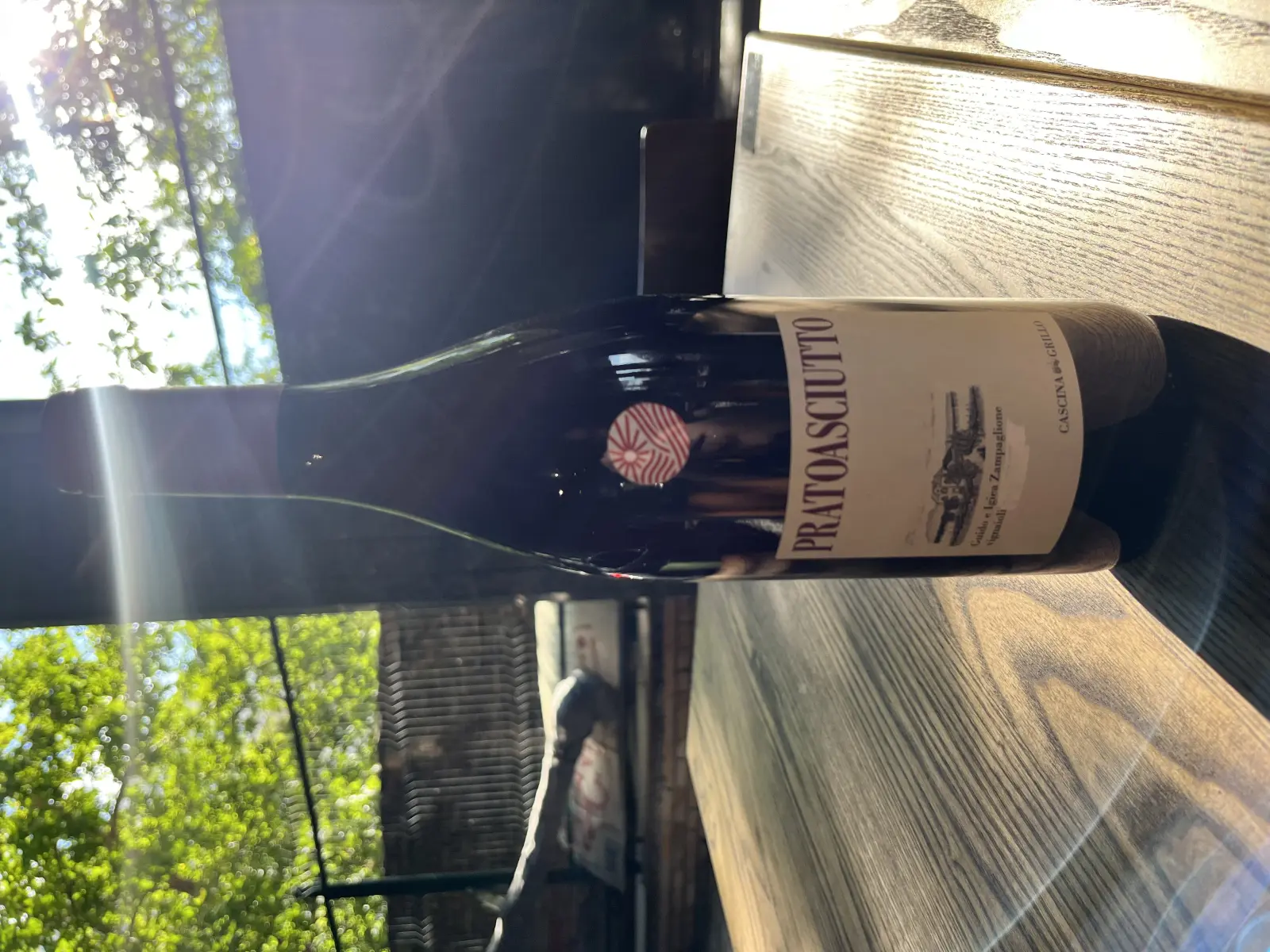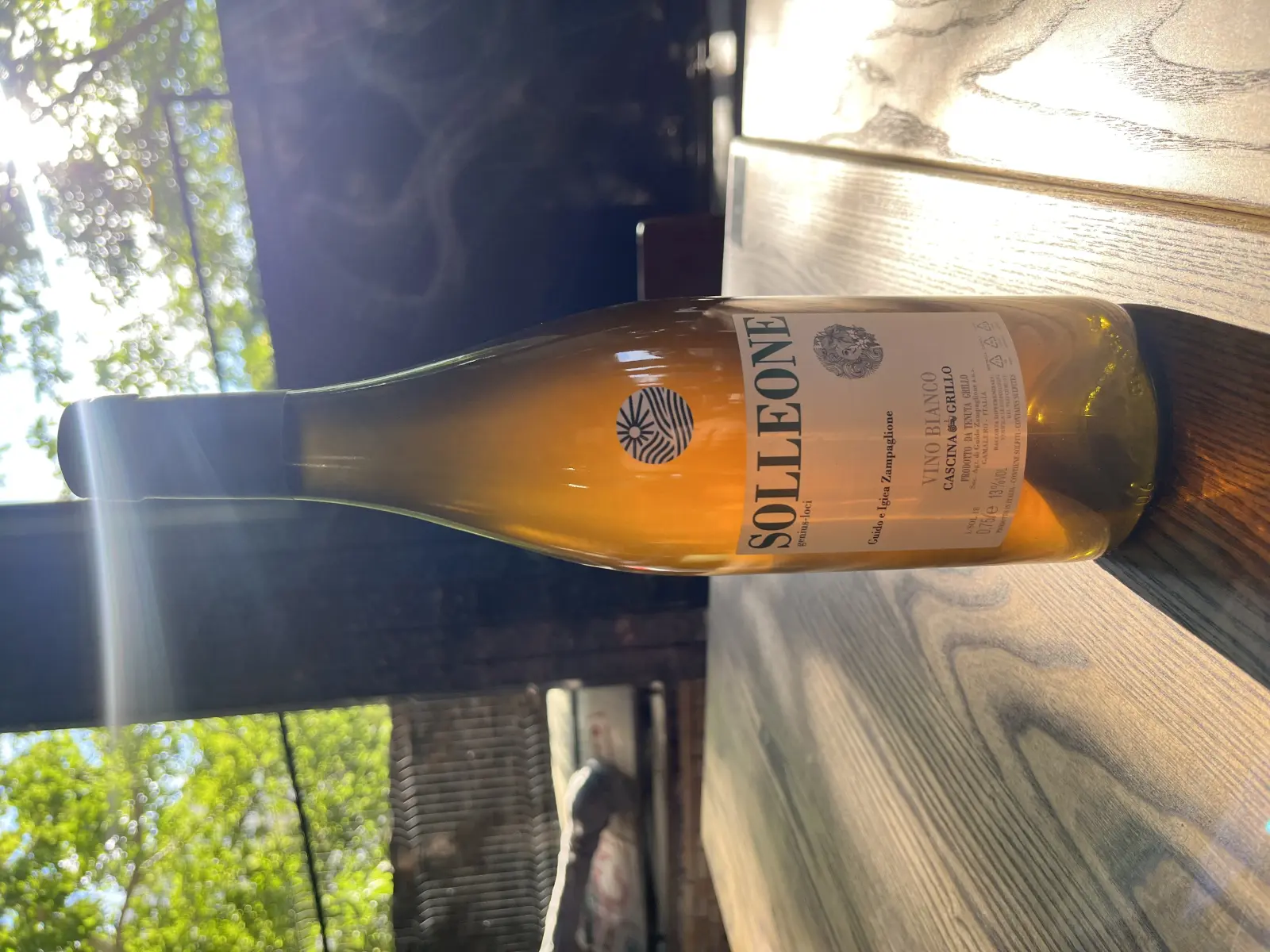Tenuta Grillo Tornasole 2005
- Region
- Italy » Vino
- Type
- red still, dry
- Producer
- Vintage
- 2005
- Grapes
- Merlot
- Alcohol
- 14.5
- Volume
- 750 mL
- Cellar
- not available
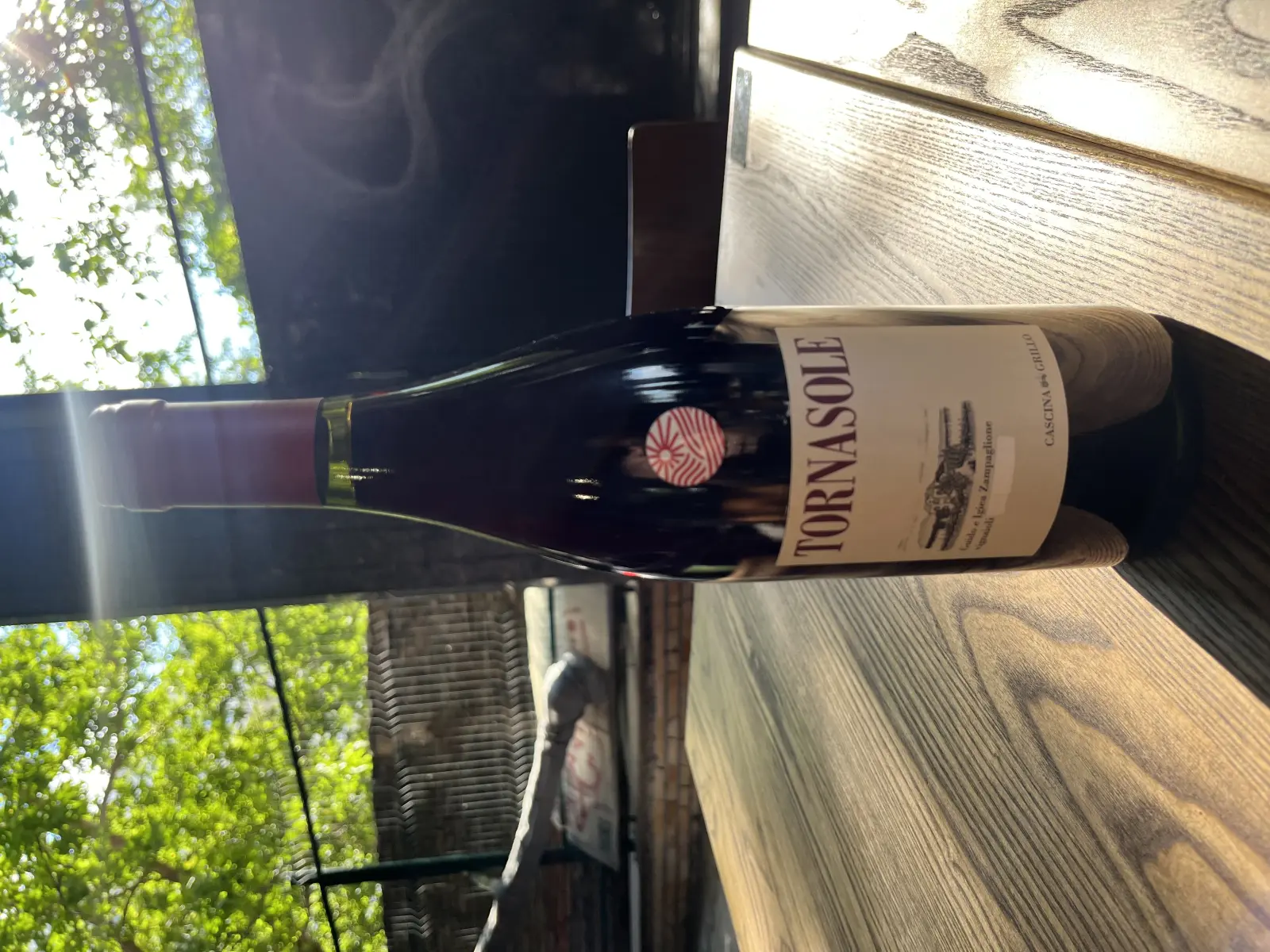
Tornasole is named after the litmus paper used to measure acidity. The wine was born from the idea of using a great international grape variety to showcase the strong Piedmont territorial imprint. It's 100% Merlot from 25-year-old vines. It undergoes 40-60 days of skin contact with native yeasts, spontaneous fermentation, 12 months of ageing in steel tanks and oak barrels, and 8 years in bottles. Around 6000 bottles are produced annually.
Ratings
Notes of aged bai mudan cake, forest floor, brine, BBQ or Worcestershire sauce, and ashtray. A bit warm and sweet on the nose. Syrupy on the palate, delicate and mature, but without much potential left. Long aftertaste—not simple, but not fascinating either. Just an interesting matured wine.
About Producer
Tenuta Grillo was founded in 2002 in Monferrato (Piedmont) by Guido Zampaglione, originally from Campania. His plan was simple—to start small and gradually increase yearly production to 80,000 bottles. But somewhere along the way, Guido realised he couldn't and didn't want to pursue that goal. For him, being fully involved in the winemaking process, including growing the grapes, to create uncompromisingly high-quality wines with strong ageing potential, was the priority. Considering that he enjoys drinking mature wines himself, he releases them onto the market after some decent ageing in bottles.
The vineyards are located in the Monferrato region, near a small village called Gamalero. The vines grow in sandy, quick-draining soil on a gently sloping upland about 350 meters above sea level. The continental climate is characterised by great heat during the day, while the nights are cooler. Wine production is based on low yields and a meticulous selection of the grapes. Winemaking features long macerations (often several weeks), indigenous yeasts, minimal use of sulfur dioxide, and the exclusion of other additives. Ageing primarily occurs in large wooden barrels.
